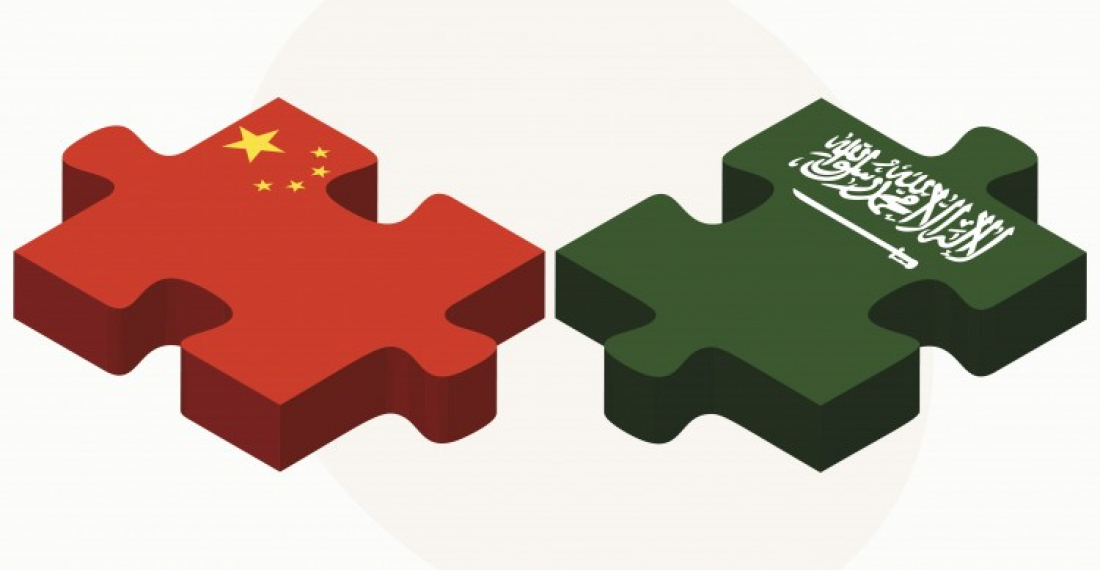China's president Xi Jinping on Wednesday (7 December) starts a three-day visit to Saudi Arabia where he will meet Saudi and other Arab leaders in a series of summits.
Three summits will take place during his trip: the Saudi-Chinese Summit, the Riyadh Gulf-China Summit for Cooperation and Development, and the Riyadh Arab-China Summit for Cooperation and Development. The participants will include more than 30 leaders and officials, highlighting the importance of the gatherings and their high regional and international profile, the Saudi Press Agency reported.
Xi’s visit reflects the desire of the leaderships of Saudi Arabia and China to strengthen the bilateral relationship, enhance their strategic partnership and realize the political and economic potential it offers to serve their common interests, the SPA added.
More than 20 initial agreements between the two countries, worth more than SR110 billion ($29.3 billion), will be signed during the presidential visit, along with a strategic partnership deal, and a plan to harmonize the implementation of Saudi Arabia’s Vision 2030 development and diversification project with China’s Belt and Road Initiative, the agency said.
Saudi Arabia aims to build a strong strategic partnership with China to support trade and investment. The Kingdom was the biggest recipient of Chinese investment in the Arab World between 2005 and 2020, accounting for more than 20.3 percent of the total regional investment, worth $196.9 billion.
The two countries are preparing to launch the SABIC-Fujian Petrochemical Industrial Group, a joint venture worth an estimated SR22.5 billion, in which SABIC has a 51 percent stake, that includes a high-capacity plant for the production of petrochemical products.
Beyond trade and investment, relations between the two countries have also continued to expand and develop more broadly in recent years, particularly in terms of cultural exchanges.
In 2019, for example, the Saudi Ministry of Culture announced the establishment of the Prince Mohammed bin Salman Award for Cultural Cooperation between Saudi Arabia and China, which will be officially launched during President Xi’s visit. It aims to promote the Arabic language, along with Arab arts, mutual understanding and cultural exchanges, reflecting the Kingdom’s desire to further enhance the cultural aspects of relations.
A number of Saudi universities and schools offer classes in the Chinese language, while Arabic is taught in 44 Chinese universities.
Reporting the visit, the New York Times said the trip sends a message that Beijing’s clout in the region is growing at a time when U.S. officials say that they want to make the Middle East less of a priority, focusing diplomatic and military resources on Asia and Europe.
source: commonspace.eu with Saudi Press Agency (Riyadh) Arab News (Riyadh) and New York Times.






